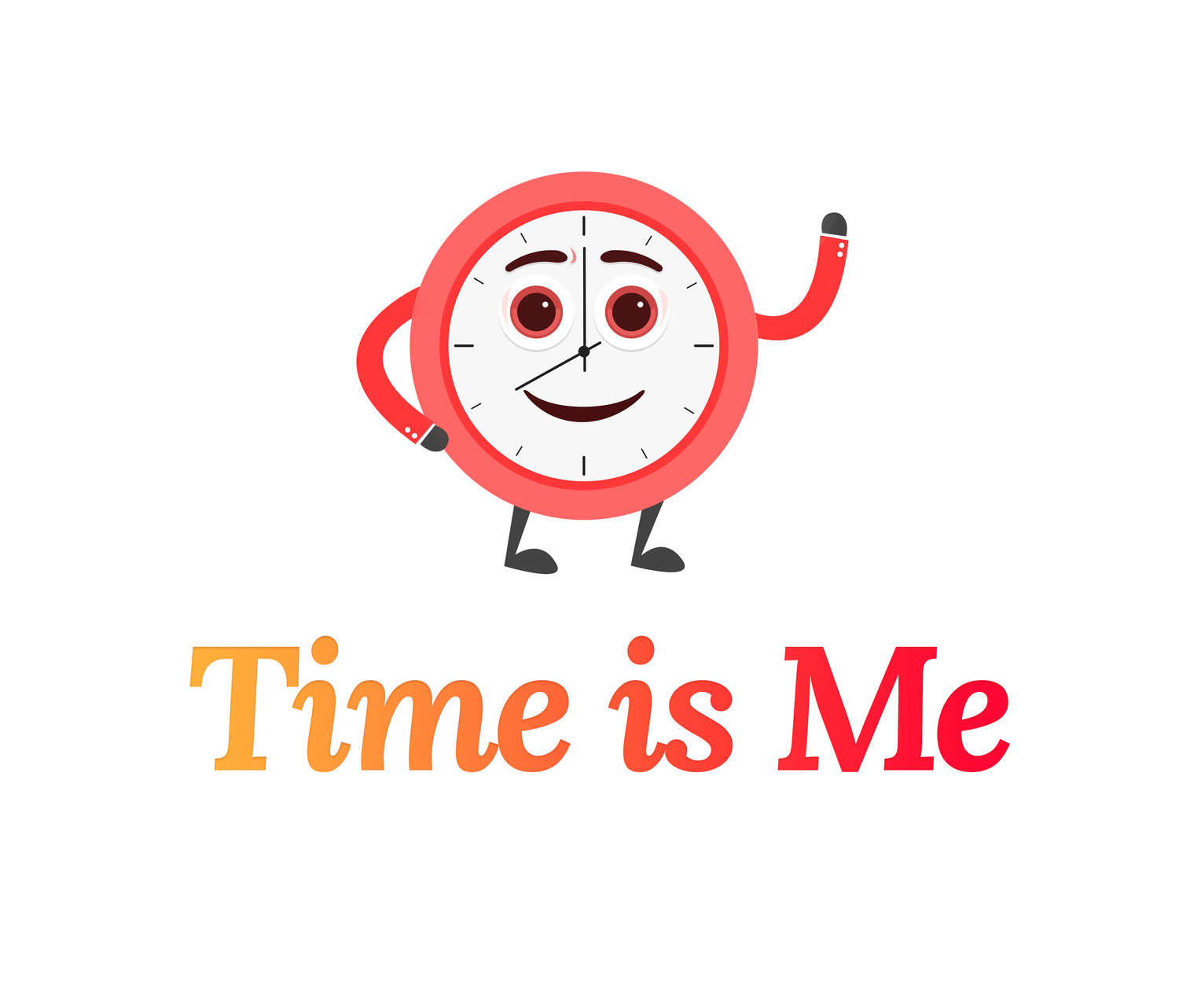Ever find yourself running late? Do you ever find yourself off track and not following your schedule like you are supposed to? Start the day on the wrong foot? Once you are late to one thing, you start a momentum in the wrong direction and may end up being late to the meeting or appointment, then again after that. This can sometimes be easily overcome and your day is on back on track, but at other times is not. Why take the risk?
We have all been there, except for the handful of people who told me they have never been late, or at least only late because of an extreme emergency. If that’s you, congrats and kudos to you, now for the rest of us here, please continue reading. There are ways to ensure you can be on time more often, whether you are late every day and to everything or late to a few things here and there. Personally, I fall into period of being late more often and do better at times. Typically, it depends on how busy I am. The more appointments and scheduled events as well as to dos I have, the more likely I am to be late. If I get overwhelmed and behind schedule, I am less likely to follow my schedule consistently and also more likely to be off track which therefore leads to both being late to appointments/scheduled events and also undone tasks. Here are five strategies to improve your ability to be on time
- Make sure there is time to rest and recover, to have fun, relax, reflect, and do whatever energizes you
- Prioritize only the most important tasks. If you have 100+ to dos in one day, shoot for the top 5 or 10 and then continue on with the next highest priorities if the top priority tasks are done
- Build in extra time in your schedule to leave margin so there is room to go off track slightly. For example, schedule an arrival to a place 5 or 10 minutes early to ensure a better chance of being on time
- Set your mind to being on time. If you don’t think it’s important to be on time, you won’t make it a priority to be on time. Don’t say you will try to be on time, say you will.
- Find someone to keep you accountable to being on time. If all else fails, have someone you hold yourself to be accountable to being on time. At work, this usually takes care of itself, but not always depending on your job. For other aspects of life as well, this can be helpful, but you have to be honest with yourself and the person holding you accountable.
The ability to be on time is often a lost art, but is still very valuable. I do not have it down perfect yet, but I have made improvements over the years as I practiced the strategies that I have mentioned. If it does not come naturally to us or if we have gotten into the habit of being late, it will take practice to master. Honesty, I do believe that being on time is a skill and is very beneficial. If you are on time, that means you are following at least some kind of a schedule, even if it is not detailed. Please let me know your experiences with timeliness, what comes easy, and what is a struggle for you.
Related Posts:
https://www.timeisme.com/blog/2017/12/25/why-keeping-a-consistent-schedule-is-productive
The Importance of Scheduling Everything
https://www.timeisme.com/blog/2017/7/9/the-importance-of-scheduling-everything

